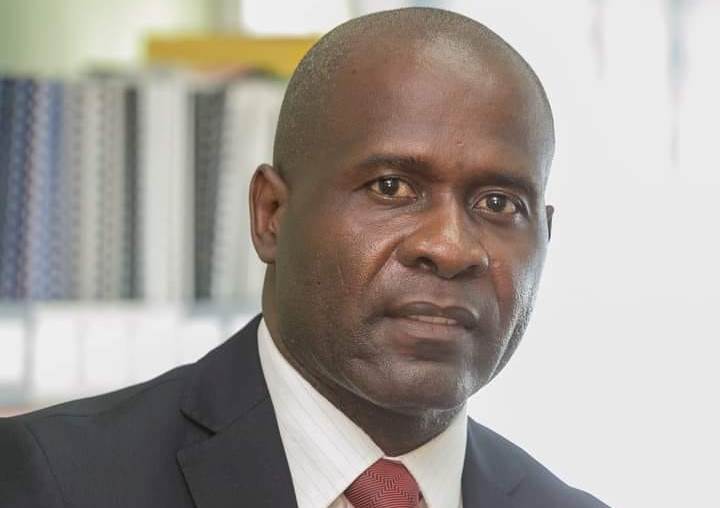Nocma, Mera clash over fuel ‘pricing’
Parliamentary Committee on Natural Resources has warned Nocma and Mera against allowing their protracted battle over incoterms to lead to fuel shortage in the country as it happened last time.
The committee said this in the wake of the National Oil Company of Malawi (Nocma) expected advert this month for 2022/23 fuel supply contracts amid differences with Malawi Energy Regulatory Authority (Mera) on method of importing fuel.

Meanwhile, the committee has attributed the two parties’ differences to an apparent error in crafting in Regulation 46(1) where ex-tax was used instead of ex-tank.
Natural Resources Committee of Parliament chairperson Welani Chilenga has since suggested an amendment to the law to resolve the differences.
“If Mera is aggrieved then let it push for amendment [of the law] through the Ministry of Energy because, currently, the law is not in their favour,” he said.
According to Chilenga, Nocma need to follow the law to the letter but when faced with challenges, they should still use DDU.
The controversy at hand is that Nocma says Mera should not dictate incoterms to be used while Mera insists that specification of a particular incoterm is plausible to maintain uniform maximum liquid fuels and gas prices as envisaged in Regulation 44 of the Liquid Fuels and Gas Pricing.
Incoterm is an acronym for International Commercial Terms, a trademark of the International Chamber of Commerce (ICC).
In January last year Mera board rejected Nocma’s application for approval of prices for suppliers whose contracts expired in September this year, citing uncompetitive premiums which would burden Malawians with frequent pump price increases.
But despite the rejection, Nocma proceeded and sought a ‘No objection’ from the Public Procurement and Disposal of Public Assets Authority (PPDA) and awarded two contracts using DDU (delivered duty unpaid) and not the ex-tank system which Mera regards as a cheaper option.
Under ex-tank procurement, local importers take charge of ownership of the product destined for Malawi and are responsible for in transit risks like theft, accidents and contamination up to the internal receiving depots of oil marketing companies.
Under the DDU, the supplier assumes all the risks for delivery of the product from the external depots at the ports to various this case, the local importer onlytakes charge of the products after it is delivered on site at local depots in the country.
In an interview this week, Mera chief executive officer Henry Kachaje explained that under sections 9(1) (c) and 30 of the Energy Regulation Act, the regulator is mandated to approve energy prices.
He added that Mera is expected to maintain uniform maximum liquid fuels and gas prices according to the regulations.
Said Kachaje: “Regulation 46(1)(a) expressly provides that among other factors the authority shall, in price build up, use value of the product in the reference spot market plus the supplier’s ex-tank margins (referred to in the law as “ex-tax”).
But Nocma acting CEO Reuben Micklas has said while Nocma is open to suggestions by Mera, the proposals should not negatively impact the company’s performance as a supplier, and also make economic sense to the country.
He said: “What I can say now is that incoterms are not prescribed by the regulator, these are from international chambers of commerce, and the way they are crafted they basically address the risk between the buyer and the seller,
“I don’t believe up until now that a regulator would dictate the incoterm, what if incoterm changes and the regulator is saying you can only do this, and on the international platform this incoterm is no longer used.”
In May last year, the Parliamentary Committee on Natural Resources invited Nocma and Mera to an interface where the committee resolved to let Nocma proceed with procurement of fuel using DDU.
In his address during the meeting, former Mera chairperson Leonard Chikadya said the regulator’s interest was to ensure that Malawians purchase fuel at reasonable prices and there is no shortage of fuel in the country.
The Anti-Corruption Bureau (ACB) in June 2021 restricted Nocma’s fuel procurement process to pave the way for investigations following alleged anomalies in the process. ACB’s move came after the High Court had earlier granted the Fuel Tankers Association an injunction stopping Nocma from using the DDU, arguing that the system was not provided for in the country’s laws.





